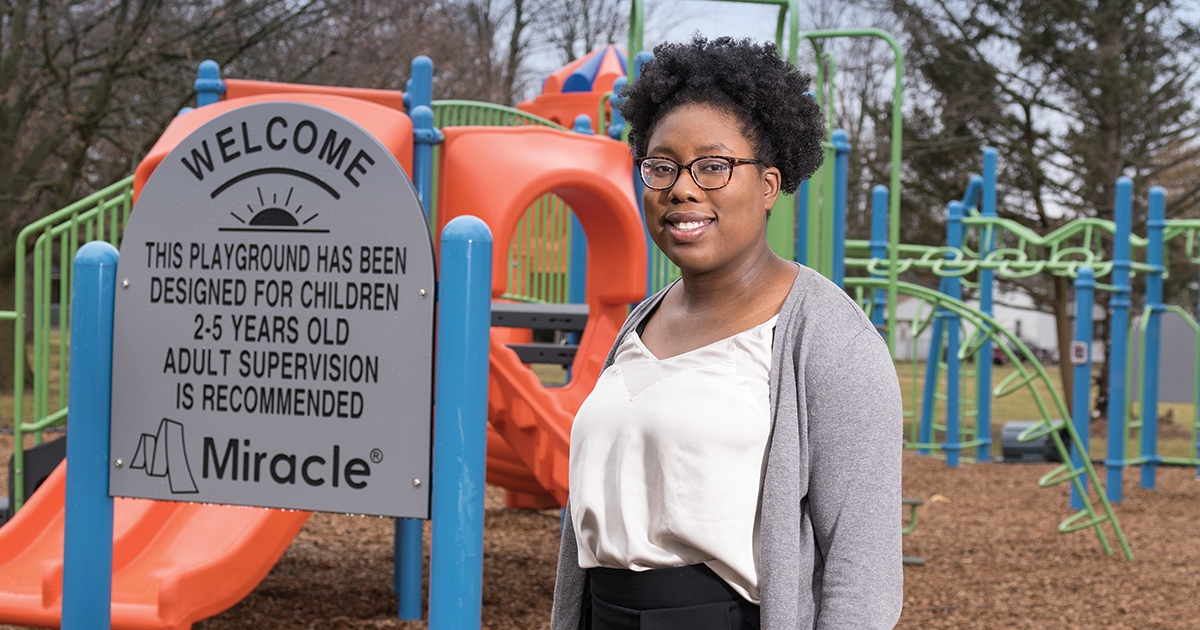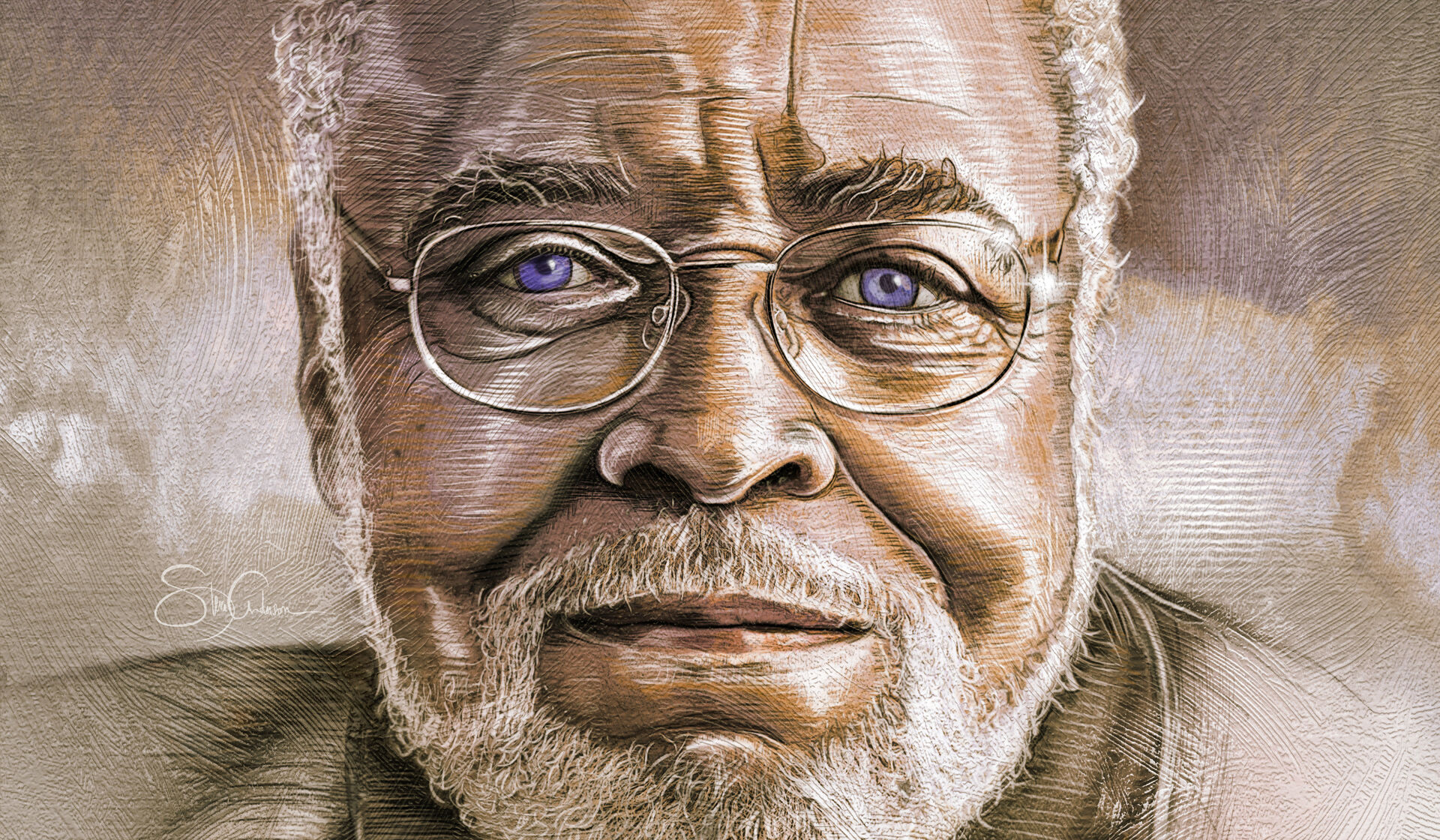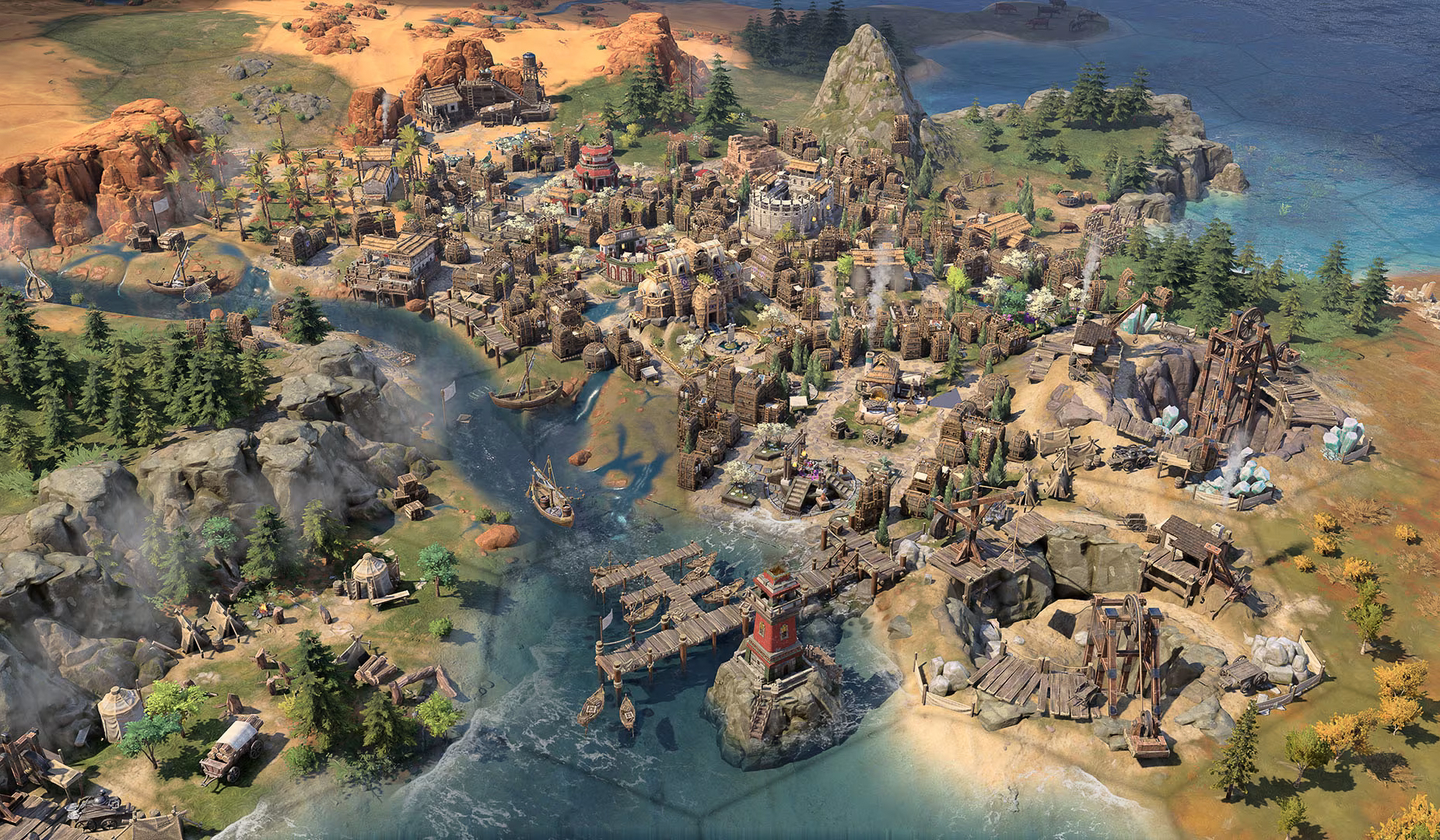Last year, I spent four months in rural Kenya, working on a community development project with a group of mostly women. By growing and selling okra and other crops, they were sending their children and a population of local orphans to school. Their proceeds also supported five elderly women in
the village.
Through World Vision Kenya—the international Christian humanitarian organization with whom I was working—we were able to secure a grant for them to buy a Posho Mill. That mill, in turn, helped them grind even more corn and wheat and earn extra funds to further benefit the community. The experience brought to life for me a famous quote. “Never doubt that a small group of thoughtful, committed citizens can change the world; indeed, it’s the only thing that ever has,” Margaret Mead, the cultural anthropologist, once said.
My whole life, I have wanted to serve others. As a young girl growing up in Grand Blanc, Michigan, I hoped to go to medical school and become a pediatrician. U-M was my first step toward that journey. When I was accepted, I was super excited but unsure of how I would pay the in-state tuition. Without the LEAD scholarship, I would not have been able to attend. Nor would I have connected so immediately with others on campus as a freshman or learned how to network and develop leadership skills.
Yet upon graduation, I felt unsure of my next steps. I no longer wanted to go into medicine but still wanted to help others. I spent my first six months, post-college, working as a nanny and reflecting on what I really wanted to do with my life.
In 2016, I applied and was accepted into the Global Community Development master’s program at Southern Adventist University in Tennessee. That graduate experience—which included the time I spent in Africa—ended up teaching me how to be an agent of change for communities. I then decided to return to Michigan.
My move back to the Midwest coincided with my accepting a one-year service position with the AmeriCorps Vista program. I serve in the City Hall Planning Division in Flint, Michigan, where I have had the privilege of working with various neighborhood groups and organizations implementing community-driven residential projects. I have helped coordinate the building of two new playgrounds, written neighborhood proposals for community projects—such as a community garden on a vacant lot—and helped install traffic-calming mechanisms in busy areas to safeguard pedestrians.
More importantly, my AmeriCorps position has given me the opportunity to witness the beautiful, resilient people of Flint. I have watched them face adversity with courage and conviction. I have seen the positive impact their actions have had on their communities. From them, I have discovered the reason why I serve.
The LEAD Scholars Program provides scholarships to African-American, Hispanic, and Native American students who have been accepted into U-M. Visit umalumni.com/LEAD to learn how you can support the program and, thus, help create a more diverse campus.





